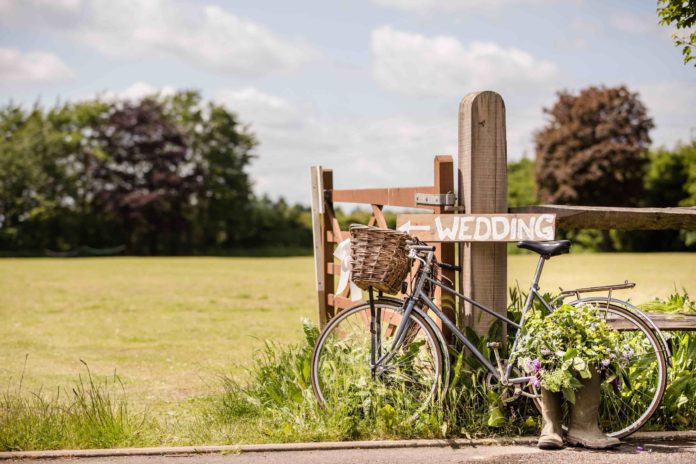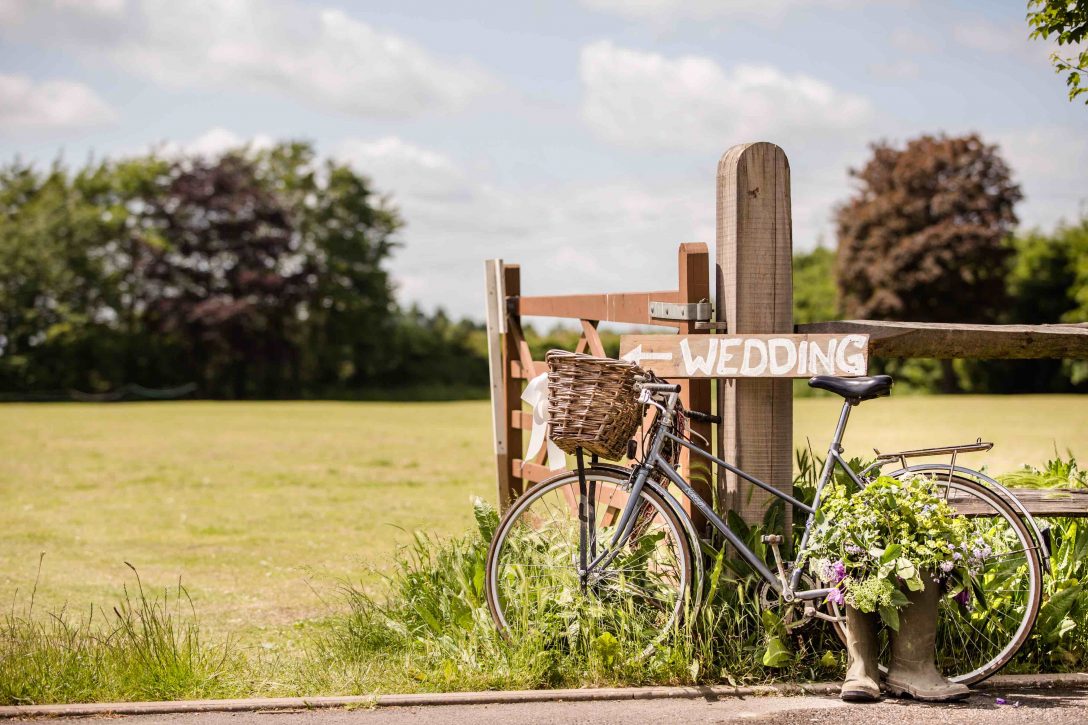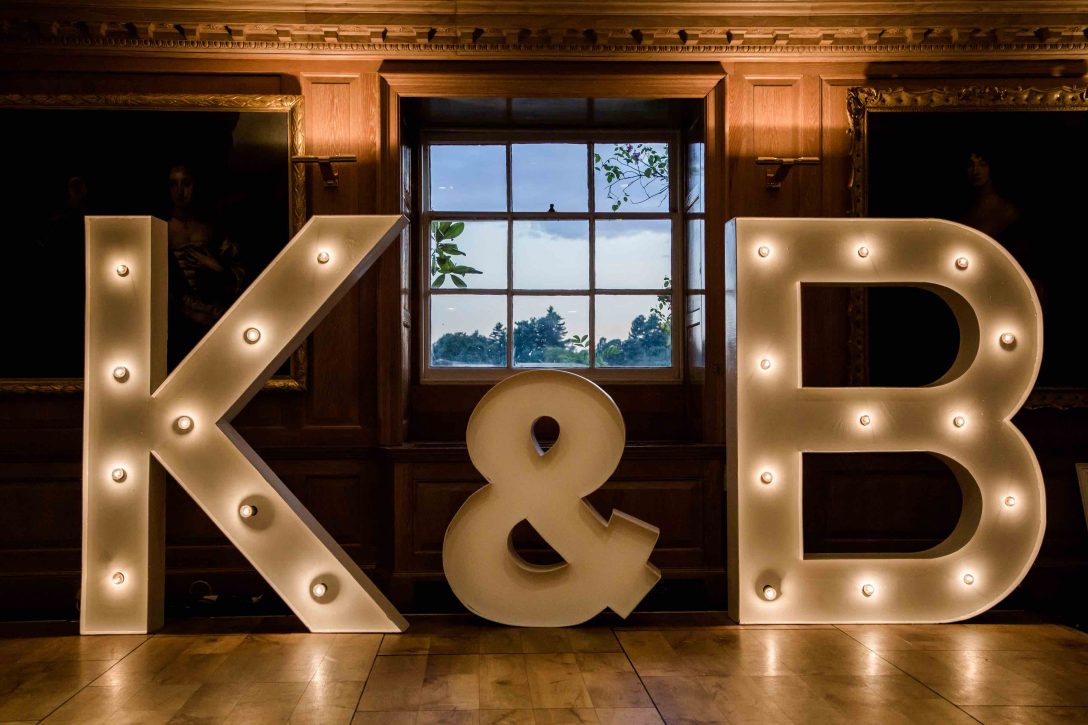
Choosing your wedding suppliers needs to be a head not heart affair. Here, founders of Be Wedding Wise Lydia and David Cox give their tips on keeping things businesslike and ensuring your suppliers deliver your dream day

[dropcap]C[/dropcap]hoosing your wedding suppliers is never easy – not even for professionals. With backgrounds in the weddings industry, Lydia and David Cox thought they had a huge headstart when it came to planning their own wedding. What they hadn’t factored in was the logistics. Their wedding location was three hours from their home and, without the benefits of local knowledge and unbiased opinions through ‘word of mouth’ or other recommendation, it was an extremely slow process assessing which suppliers would deliver for their wedding day. This experience led them to establish their unbiased review site was Be Wedding Wise in early 2016. Here, Lydia and David give a few of their expert tips for choosing your wedding suppliers and ensuring they live up to expectations.

Do your homework
Check that your supplier has a physical address and working phone number. Companies House has a free service that lets you check limited companies, but bear in mind that smaller wedding suppliers that are not limited companies will not be found on there. If your supplier is not a limited company then do a Google Maps search to check the address is genuine and also pick up the phone to check the number gets you through to them. We also advise an Internet search of your supplier’s name and their company name to ensure nothing alarming comes up on bridal forums. Also check how active suppliers are on social media sites – it gives you an insight into how they promote their business, their other work and their clients. Once they have passed these hurdles, then seek personal recommendations or – the next best thing – trusted reviews.

Ask away
You need to make sure you ask your potential suppliers lots of questions. If they are reputable, they won’t mind answering them and they should also have lots of questions for you. As a starting point, ask them how they work, who they work with and what contingency plans they have in the unlikely event of a disaster (e.g., illness, unseasonal weather). Draw up a list of queries in advance of any meeting – it can be especially useful to do this if you are shortlisting a number of suppliers and need to decide between them because then you can compare their answers.
Establish a personal relationship
Nothing can beat a face-to-face meeting. If the supplier is not local to you, you should still be able to set up a meeting via phone or Skype. It’s really important to like your suppliers as well as loving their work. If you can communicate and there’s a good chemistry it’s likely to make planning so much easier. And, worth noting, the supplier who knows you is also much more likely to go the extra mile for you. Do follow your gut instinct here; if you don’t ‘click’ or you don’t feel you are being treated well (slow responses, inability to answer direct questions), then this may be a sign that this person or company is not right for you.

Keep a paper trail
You know this already, but to cover yourself for all eventualities you need to make sure you have things in writing. This includes documented quotes, contracts, email conversations and receipts. Ensure you know exactly what’s included in the price for each service you contract – and get a written and signed contract. Do sweat the small stuff and read your suppliers’ terms and conditions very carefully, including cancellation policies and payment terms. If a supplier doesn’t issue you with formal paperwork we wouldn’t recommend you use them. A contract is there to protect both sides and is a sign that this contractor is a professional who takes their work seriously.
Pay deposits
You should expect to pay deposits at the point of booking. This will be a reasonable percentage of the overall cost of the work to be undertaken. Any staged payments should be proportionate to the work that will have been carried out at each stage of the process. Remember that paying a deposit is a good thing. It’s in place to give you peace of mind as much as the wedding supplier. As with all paperwork, deposits and staged payments should be clearly recorded and you should receive receipts for monies paid.

Get covered
Wedding day insurance can be invaluable in giving additional peace of mind and we consider it essential. Thankfully, disasters are rare, but if something does happen you should have funds in place to find a solution to the problem. Make sure you check what’s included in the small print though – the cheapest cover may not be the best option if it doesn’t cover you for the real disasters, such as last-minute closure of venue due to unforeseen circumstances. As well as taking out insurance for yourselves, check that your venue and all major suppliers also have their own insurance policies. Supplier insurance policies should cover the services they are providing, including contingency for errors and accidents.
Be Wedding Wise is fully responsive and accessible across all devices. For further information visit beweddingwise.co.uk.





















